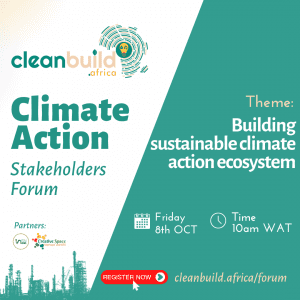More than 90 percent of people around the world breathe in air that the World Health Organization (WHO) views as potentially harmful. Although underestimated, air pollution remains a dire threat to human health.
Scientists regard it as an invisible killer responsible for the premature deaths of about 7 million people from illnesses such as stroke, heart disease, and lung cancer. To put this health crisis into perspective, air pollution kills more people each year than HIV, tuberculosis, and malaria combined.
In Africa alone, 780,000 people die each year due to air pollutants, like carbon dioxide and other greenhouse gases emitted from traffic, power plants, factories, and household cooking.
One study shows that air pollution from greenhouse gases feeds climate change and that children, women as well as older people are the most vulnerable. Even worse, many people in urban and industrialized regions go about their day-to-day activities without suspecting that they breathe in contaminated air which is gradually eroding their health.
More than ever before, countries need to give this fast-growing crisis the proper attention it deserves. To this end, Maria Neira, the Director of Environment, Climate Change and Health at the World Health Organization said, “It becomes all the more important for cities to improve their air quality. We need to reconsider the way we consume resources and the way our cities are built. This is at the heart of the future development of our society.”
In line with those words, a few countries around the world are beginning to implement measures to tackle air pollution. According to the United Nations Environment Program (UNEP), latest post, five cities around the globe are actively on the frontline- in Europe, Paris (France); Asia, Seoul (Republic of Korea); North and South America, New York (the U.S) and Bogota (Colombia) respectively; and in Africa, Accra (Ghana).
Ghana: Charting an integrated pathway to arrest ‘invisible killer’
Although Africa is not a big contributor to greenhouse gas emissions, household coal and biomass energy systems, agricultural waste incineration, forest fires, and certain agro-forestry activities are huge sources of air pollution in the continent. African countries like Ghana have been predicted to feel the effects first and worst. Let’s consider how Ghana is addressing its air pollution starting with its capital city Accra.
One of the founding partners of the Climate and Clean Air Coalition (CCAC), Ghana is also the first country in the world to include short-lived climate pollutants (SLCPs) and other air pollutants into their fourth official National Greenhouse Gas Inventory submitted to the UNFCCC.
At a national level, Ghana, in 2013, rolled out the “Climate Ambitious report Program” to monitor and report on greenhouse gases. To achieve this, the Ministry of Finance helped keep track of climate support, developed a climate finance tracking tool, and established an online climate data hub for reporting.
In a bid to join the global fight against air pollution, Accra became the first African city to join the BreatheLife campaign in 2018. BreatheLife is a joint campaign by WHO, UN Environment Program, World Bank, and the Climate & Clean Air Coalition, to mobilize cities to act on air pollution.
The city is also part of the pilot of the WHO-Urban Health Initiative. Through it, the Ghana Health Services and the WHO work to encourage a switch from coal-based cookstoves to ones powered by gas or electricity in order to protect mothers and children from household smoke.
According to WHO, if all open waste burning was stopped by 2030, 120 premature deaths could be avoided yearly. In agreement with this assessment, Ghana actively runs a sensitization initiative on the health impact of burning waste.
Mayor of Accra, Mohammed Adjei Sowah said, “In our part of the world, air pollution is not prioritized as a health concern – even in the way we cook. But the statistics are so staggering that we have to wake people up to take action. We have to talk about it loudly so that it becomes part of our discourse in the urban political space.”
As the world prepares to celebrate this year’s International Day of Clean Air for blue skies on September 7, which is only a few days away, presents a good opportunity to raise more awareness and facilitate actions to improve air quality.
Themed “Healthy Air, Healthy Planet”, the 2021 International Day of Clean Air for blue skies is a global call to find new ways of doing things, to reduce the amount of air pollution we cause, and ensure that everyone, everywhere can enjoy their right to breathe clean air.
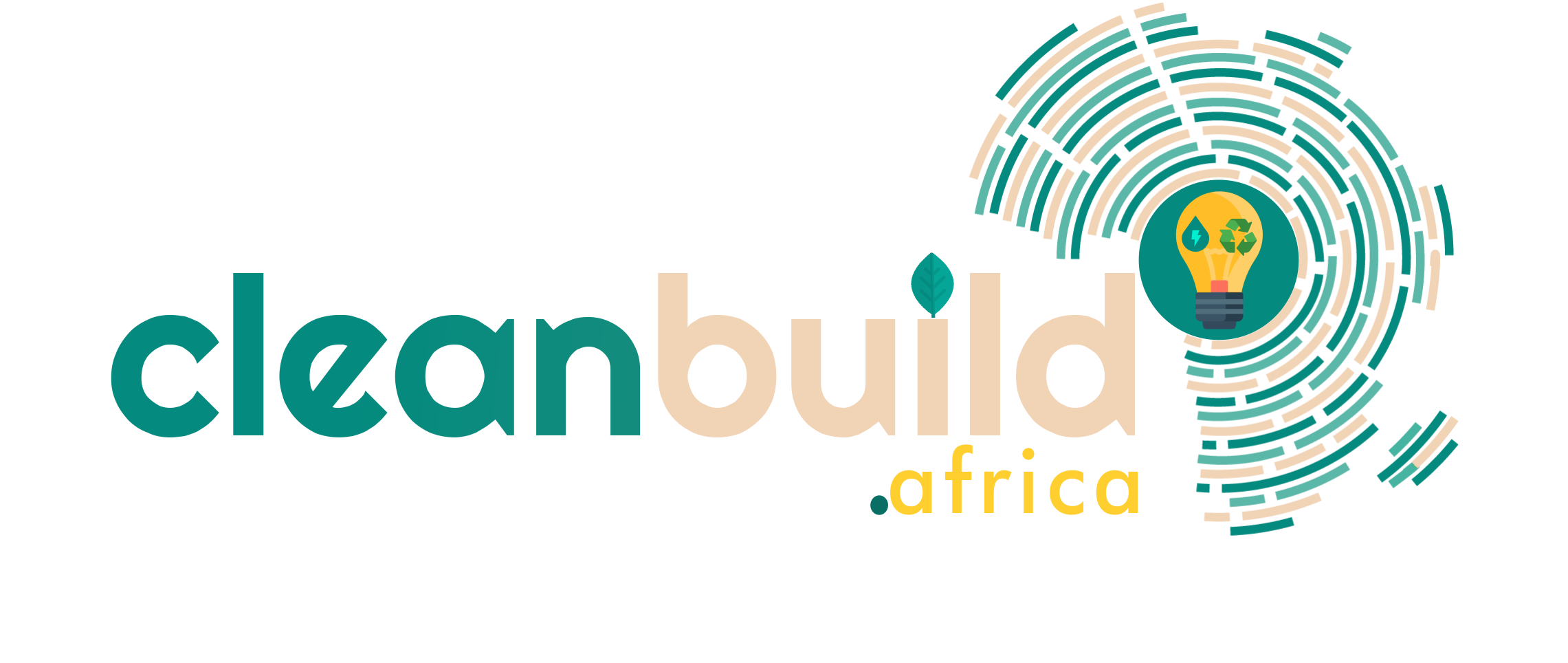

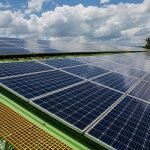
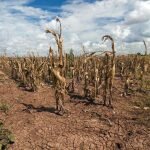
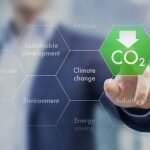
![MIT opens Solv[ED] Youth Innovation Challenge for young people ($200,000) Solv[ED] Youth Innovation Challenge - cleanbuild](/wp-content/uploads/2021/09/SolvED-Youth-Innovation-Challenge-150x150.jpg)





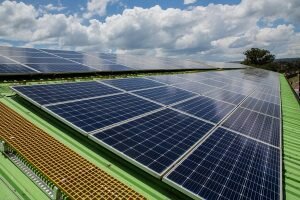

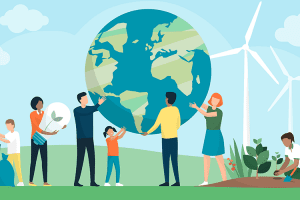
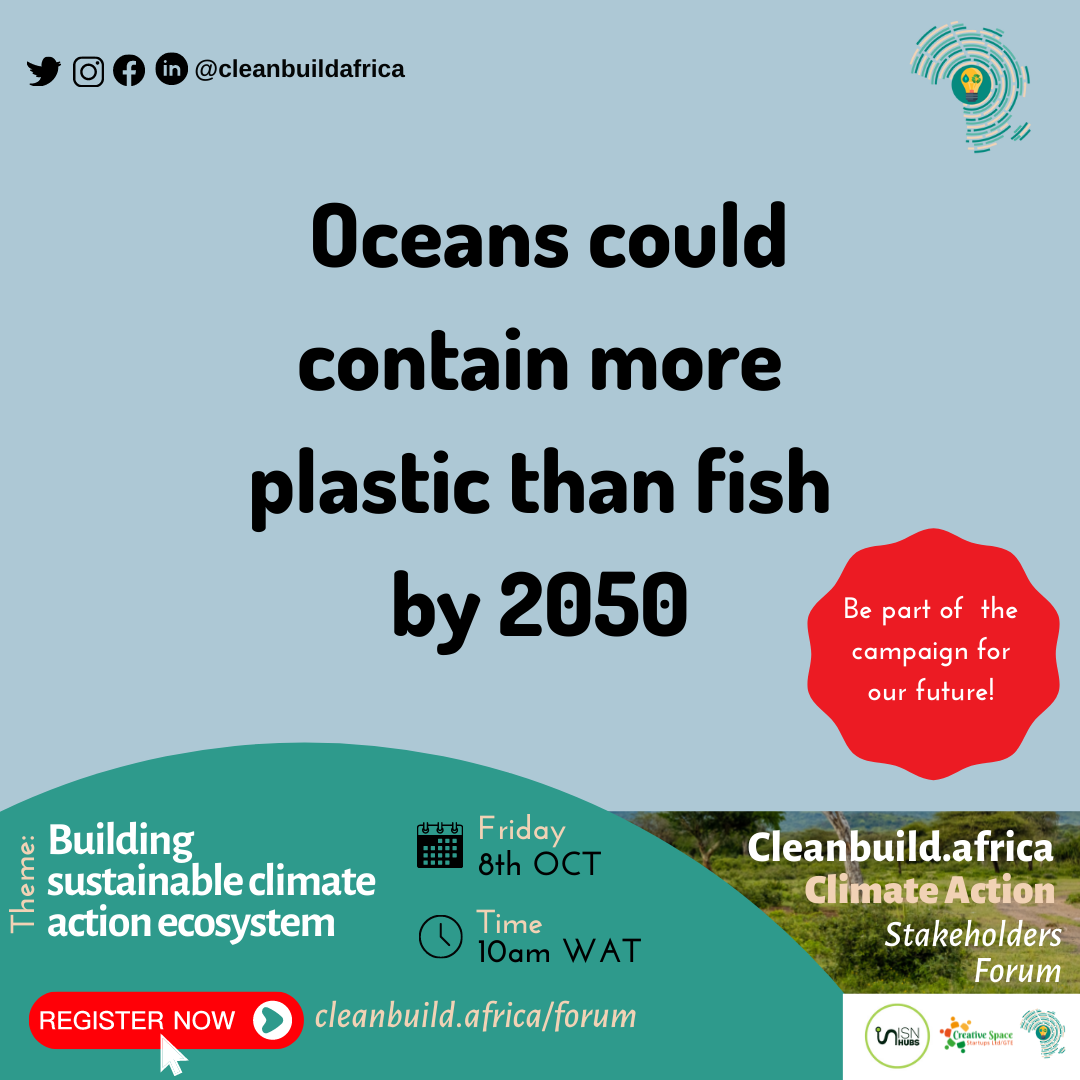



![MIT opens Solv[ED] Youth Innovation Challenge for young people ($200,000) Solv[ED] Youth Innovation Challenge - cleanbuild](/wp-content/uploads/2021/09/SolvED-Youth-Innovation-Challenge-74x55.jpg)

